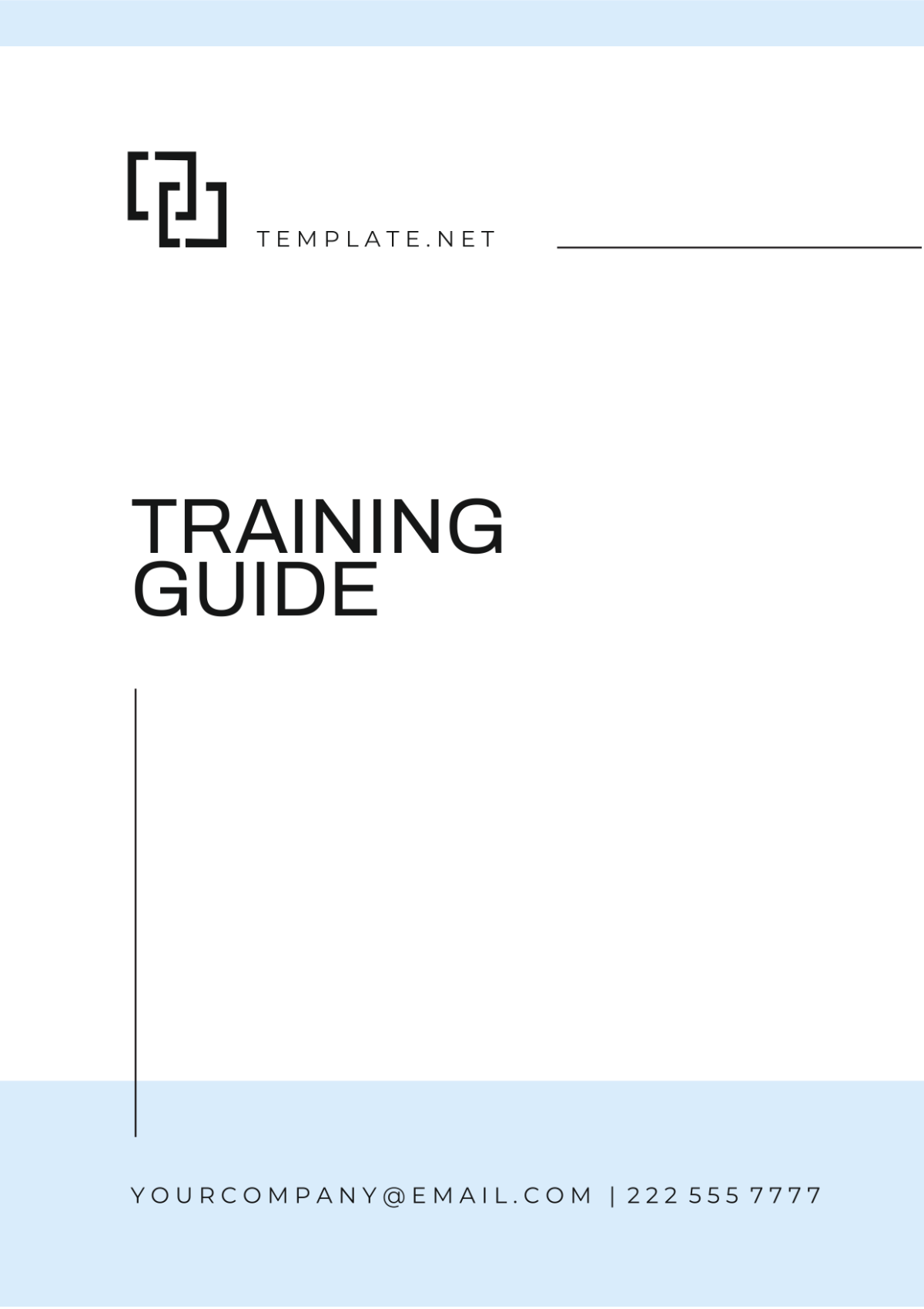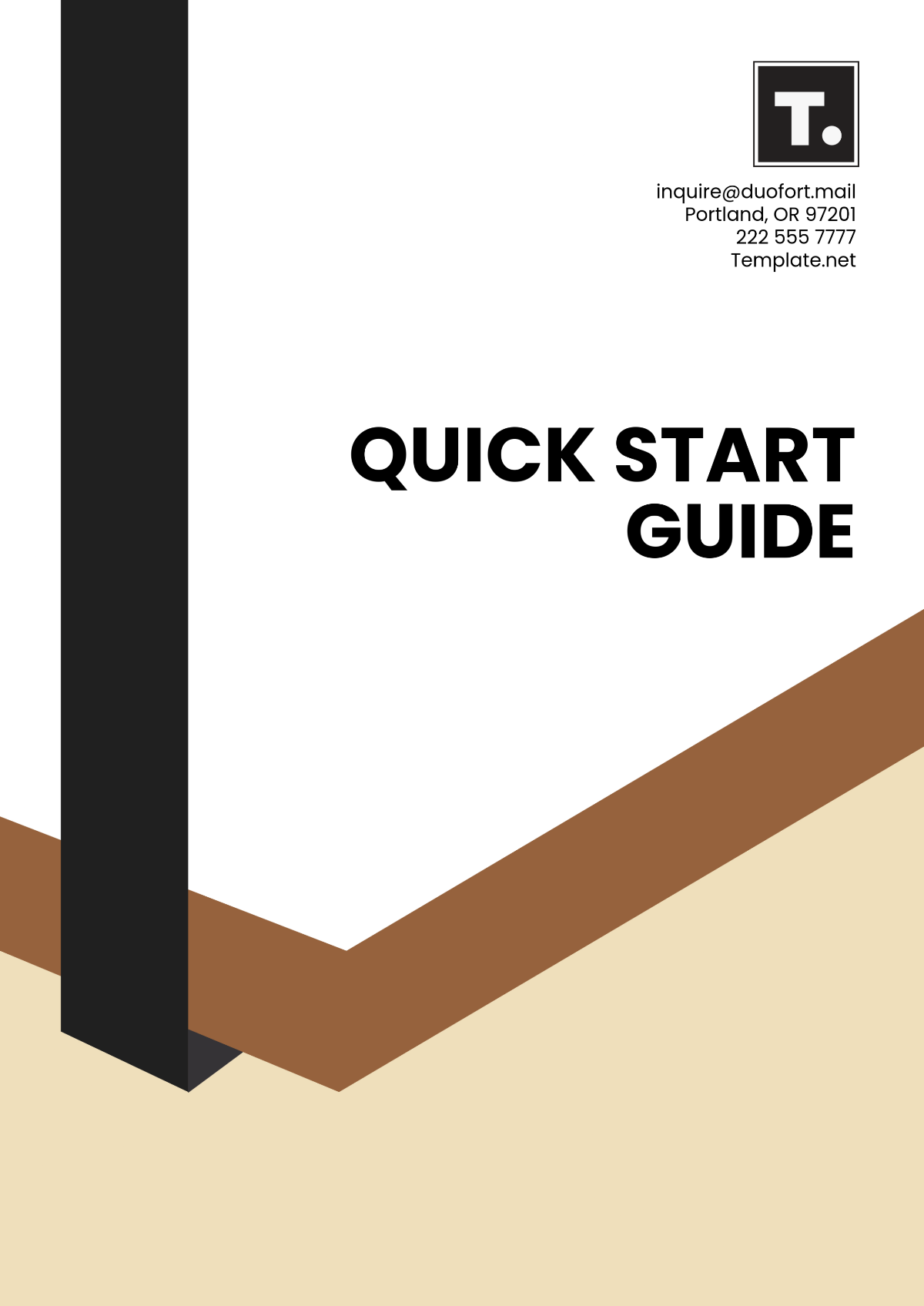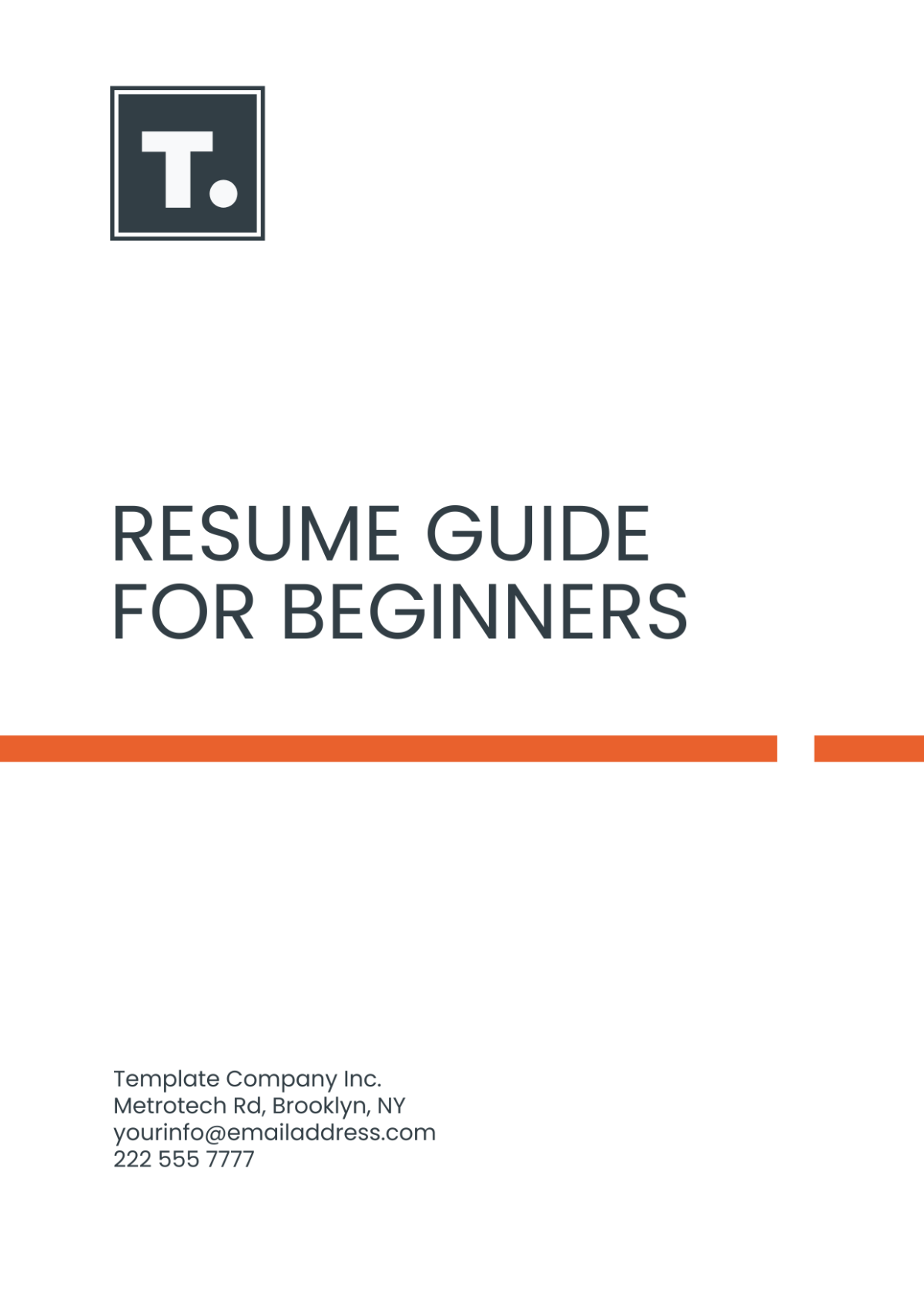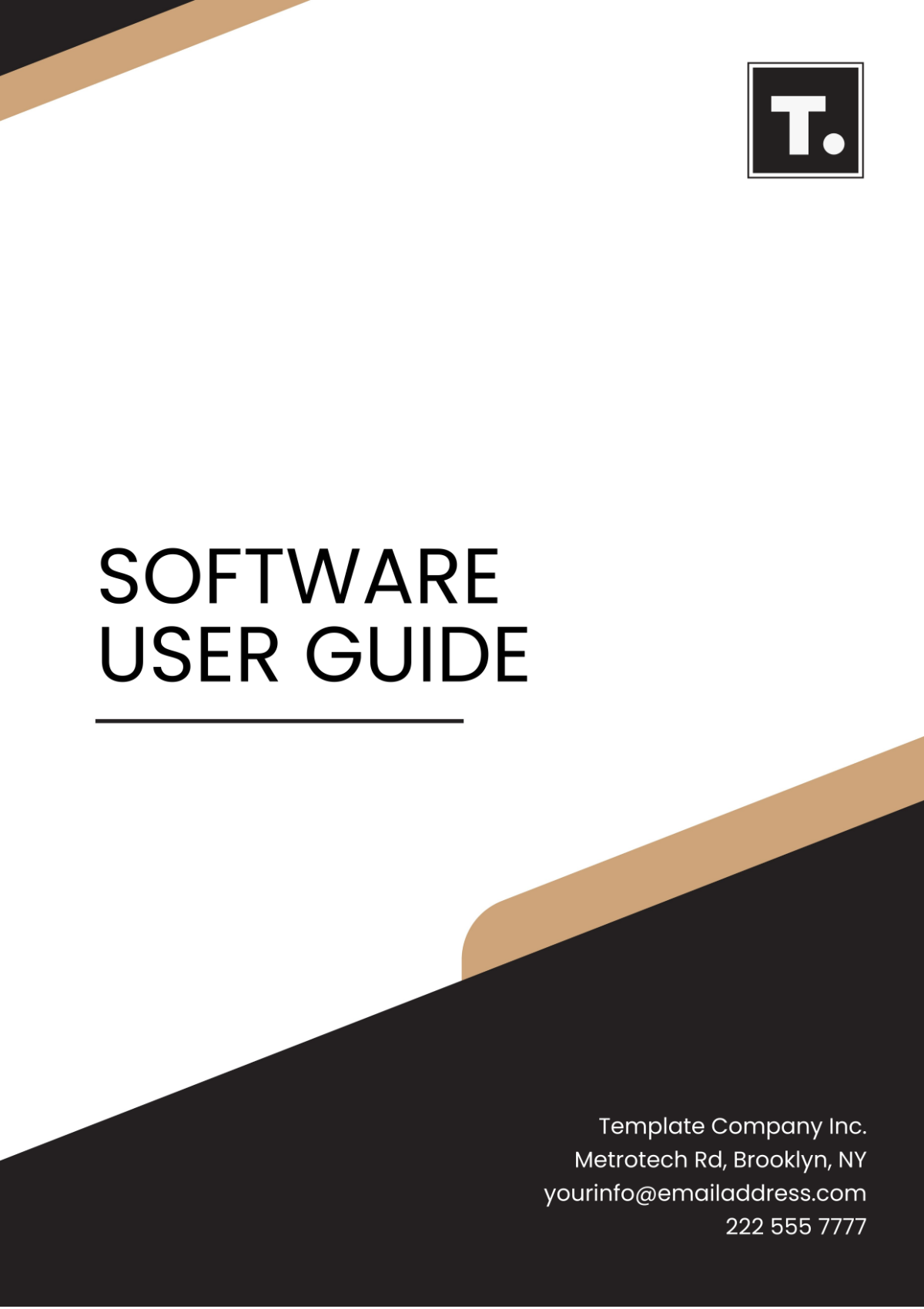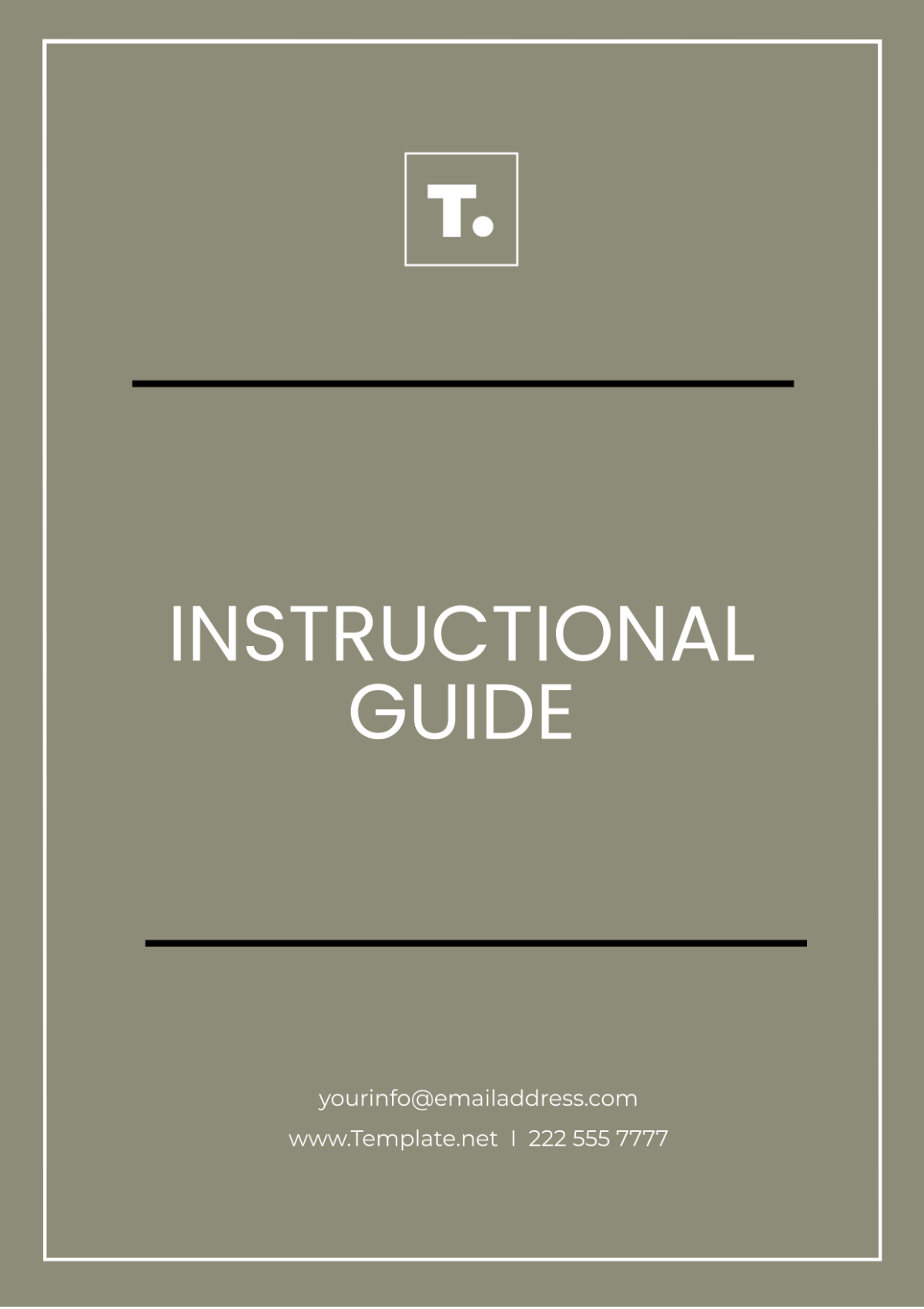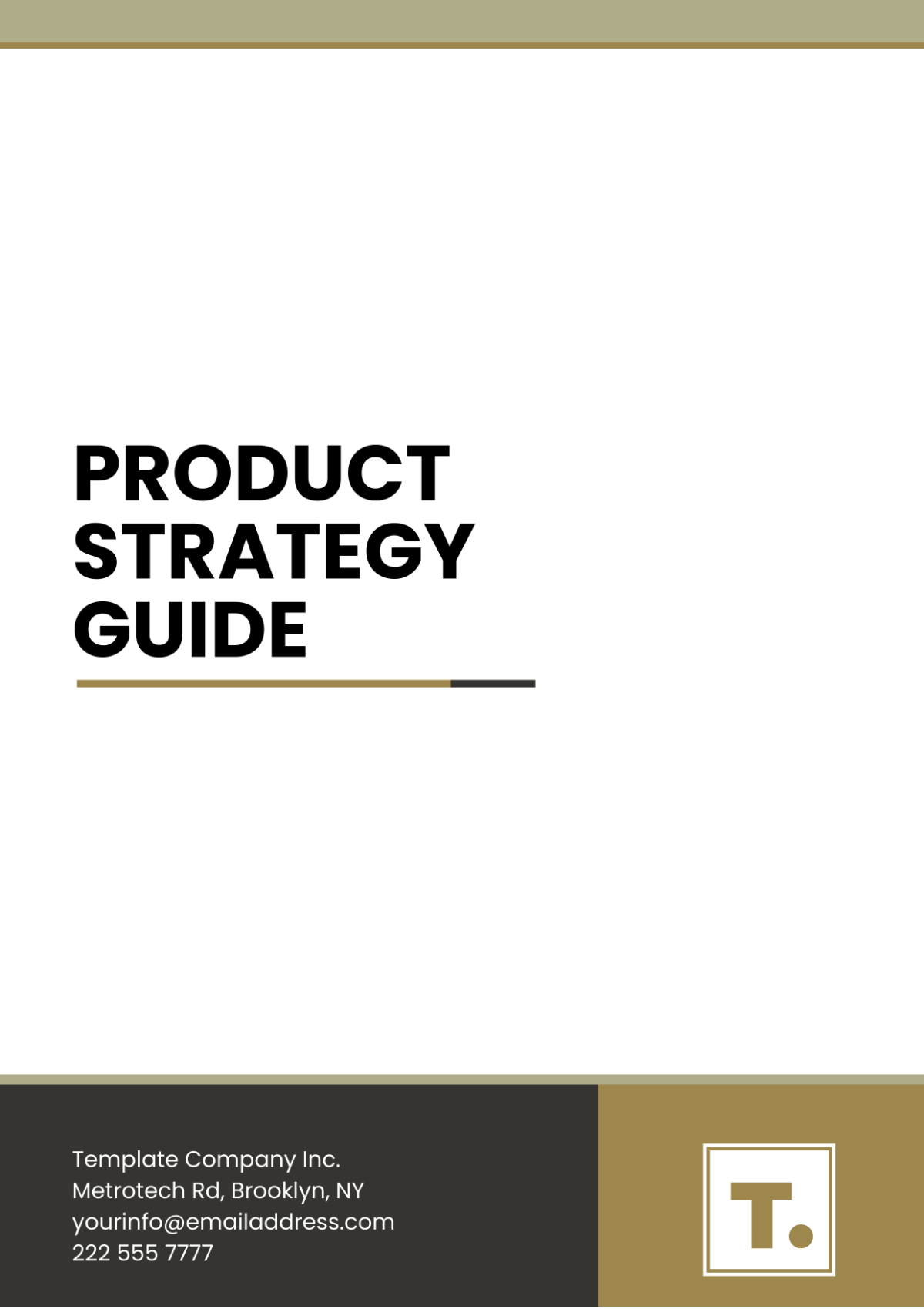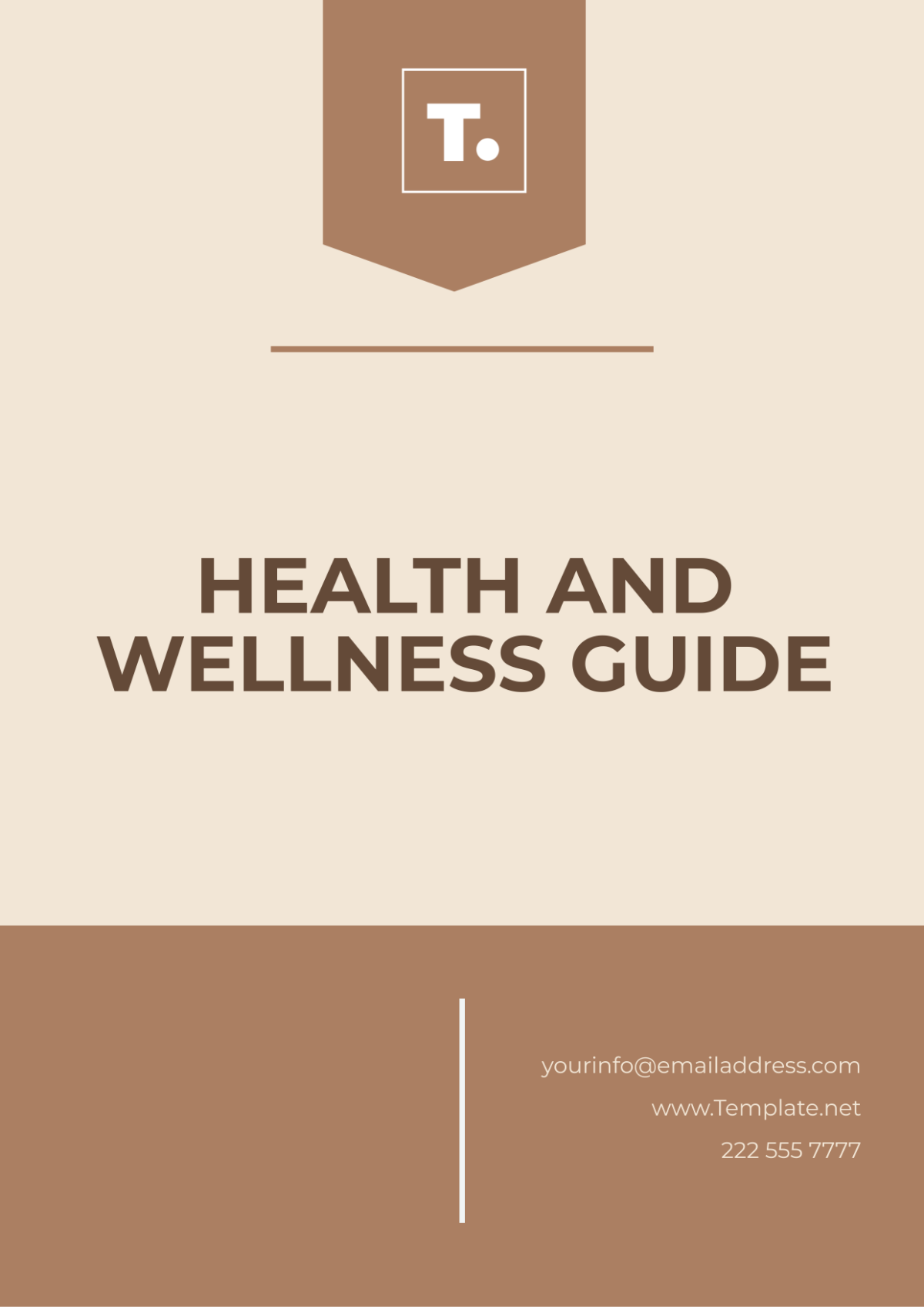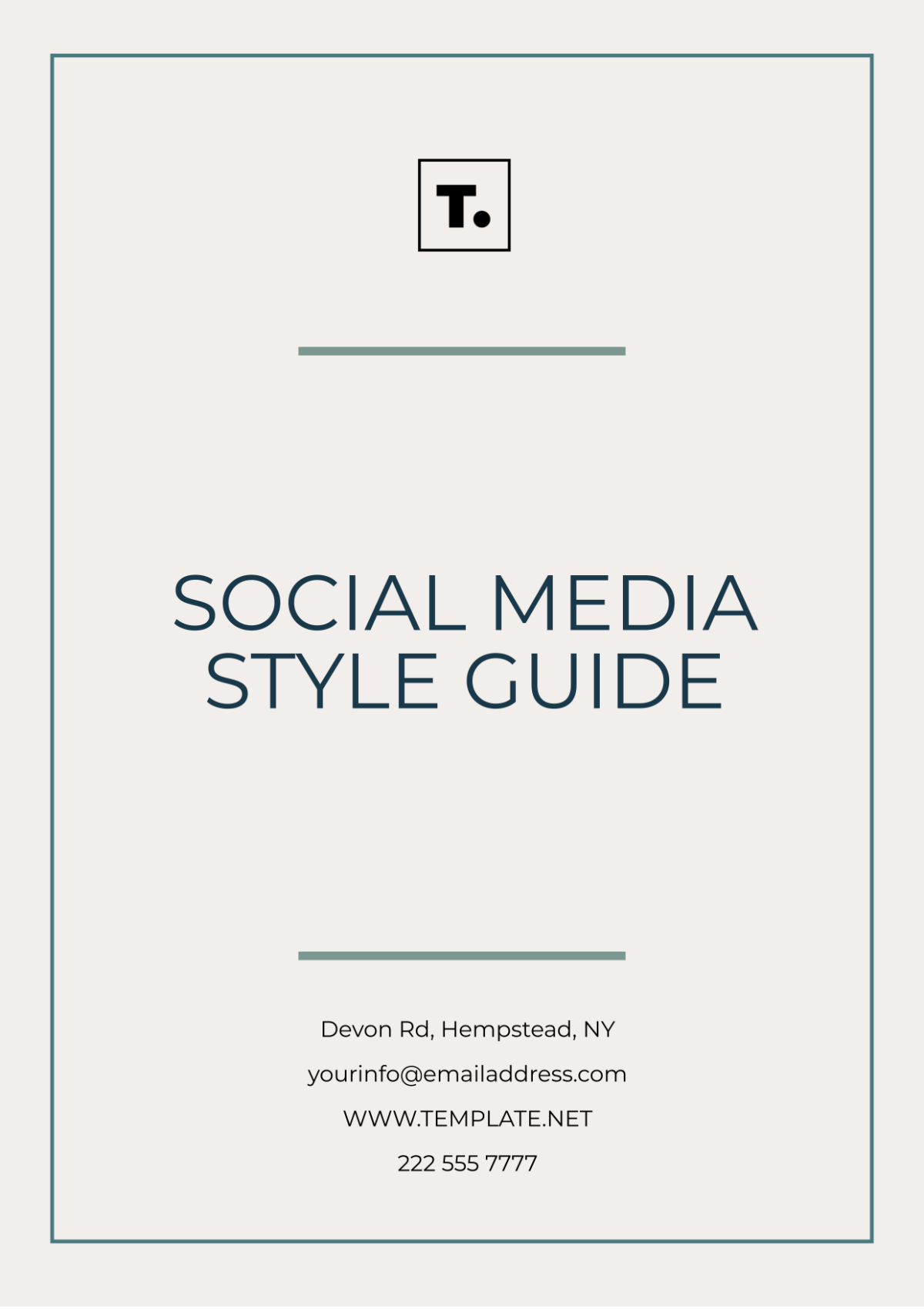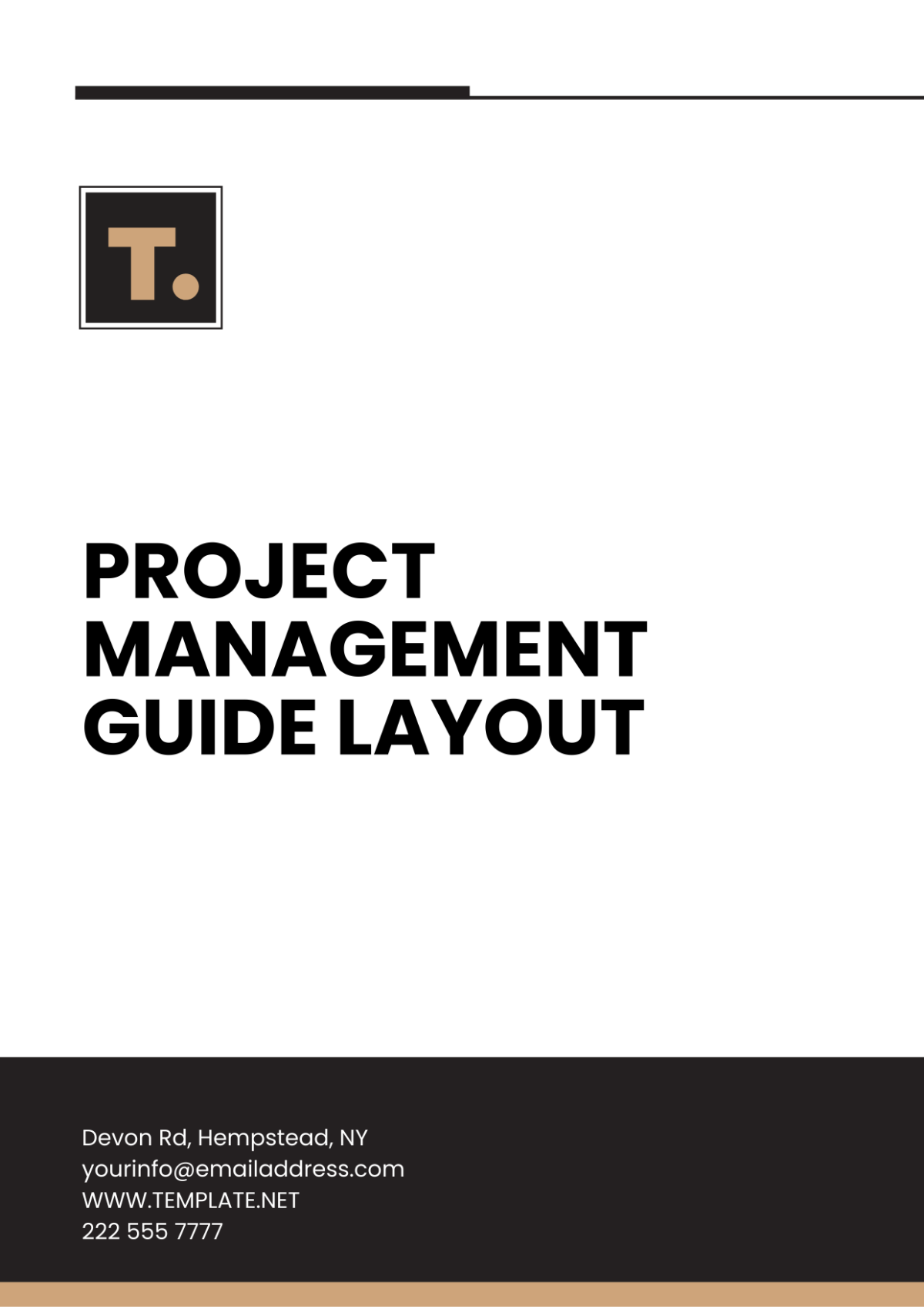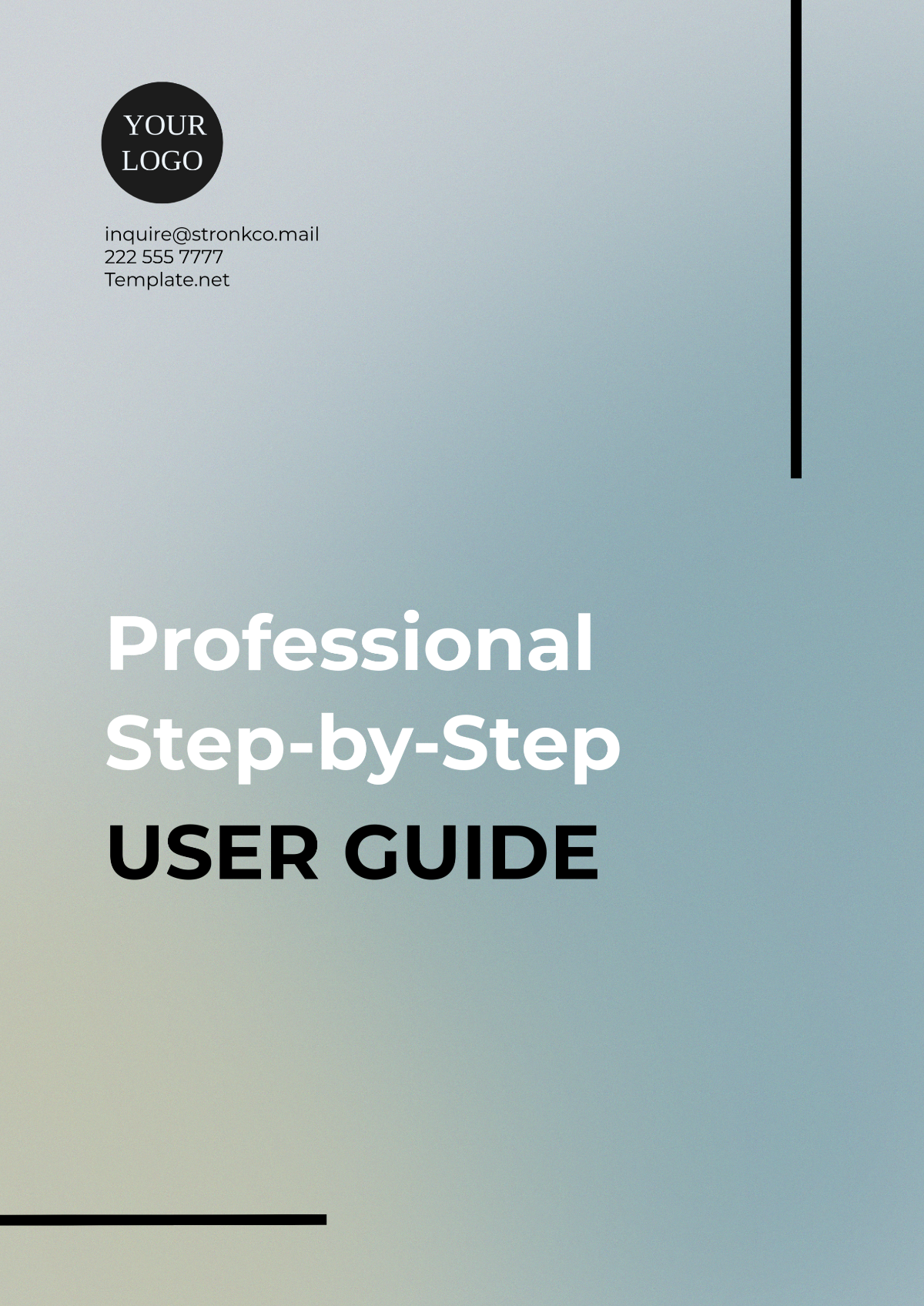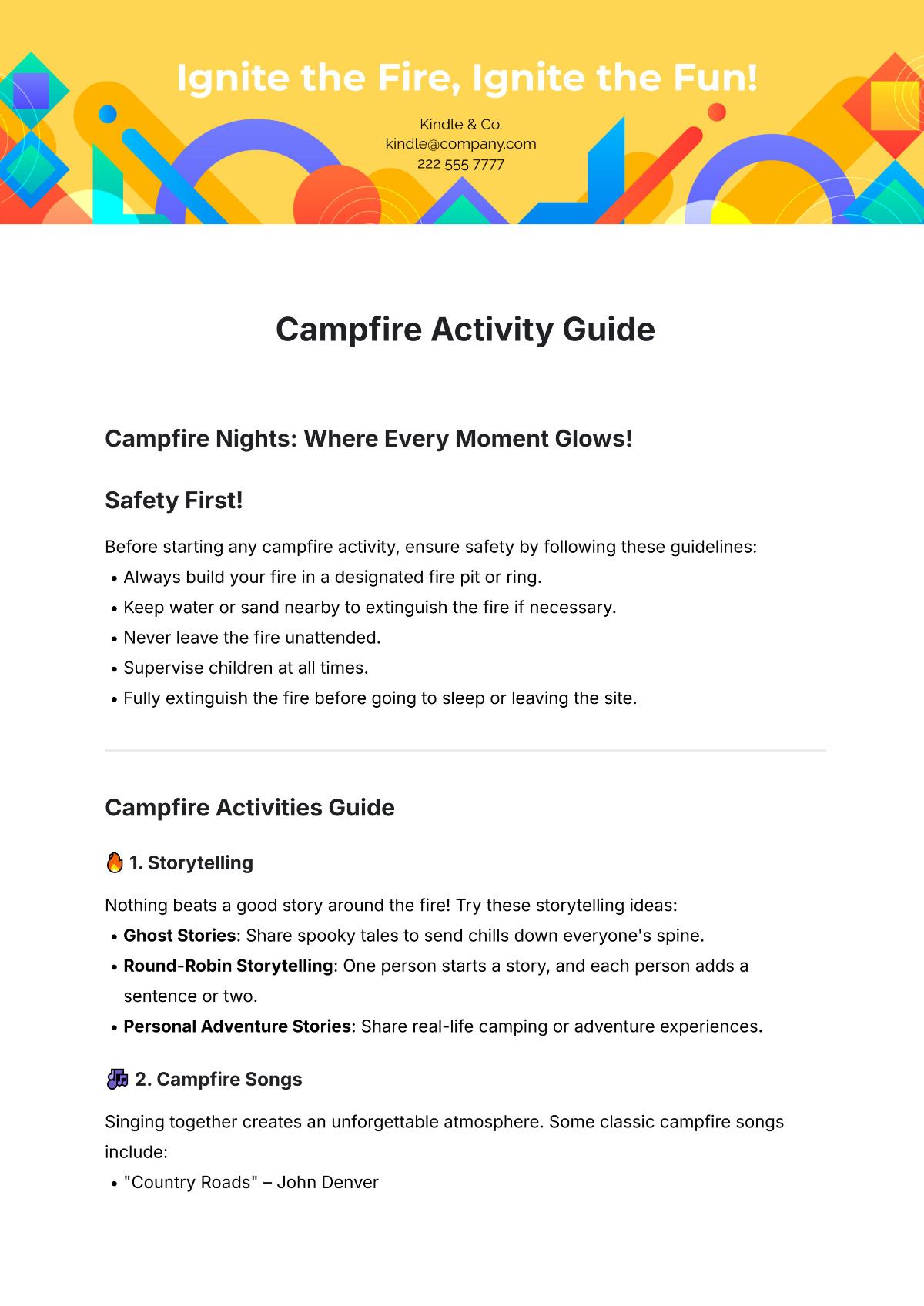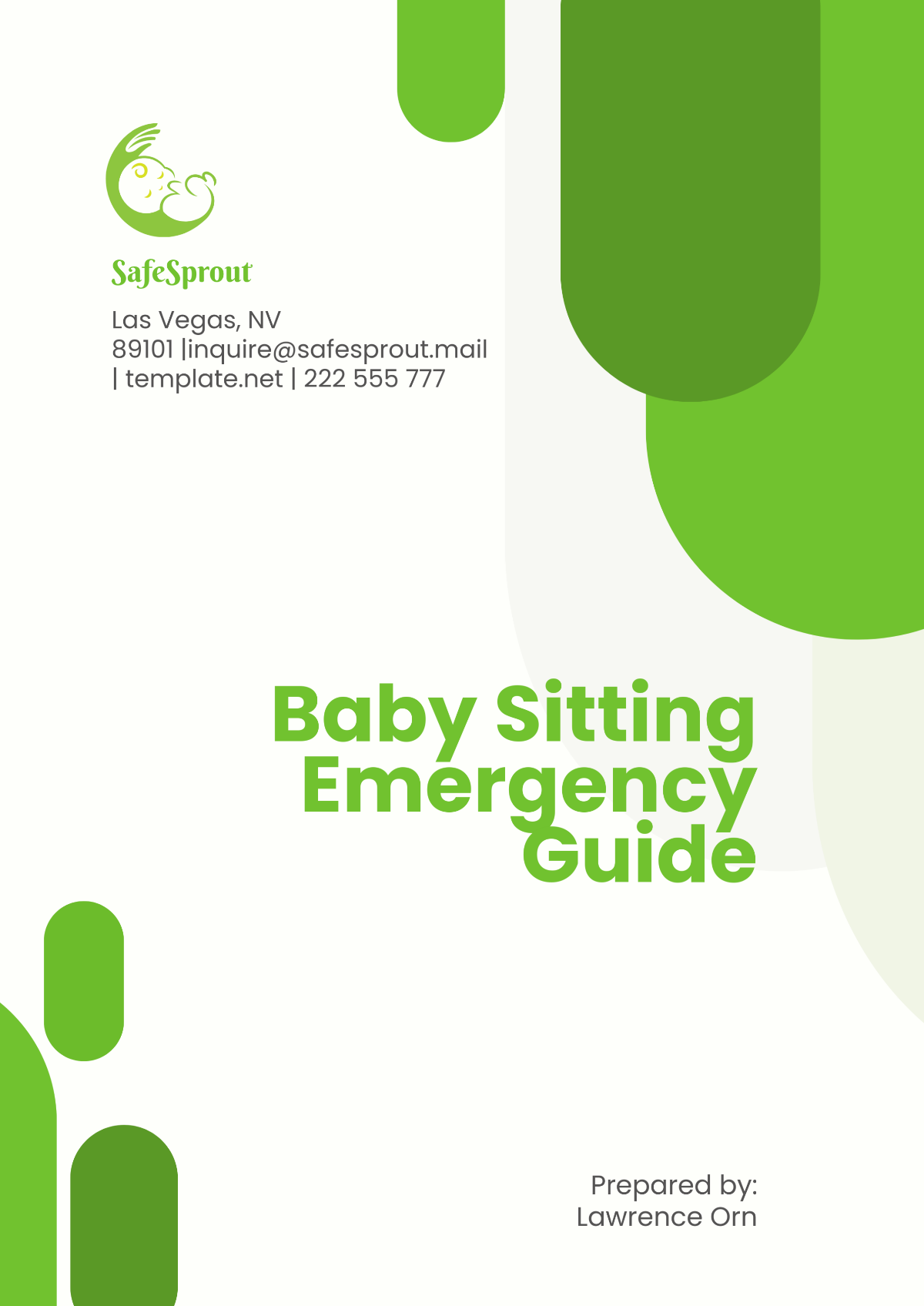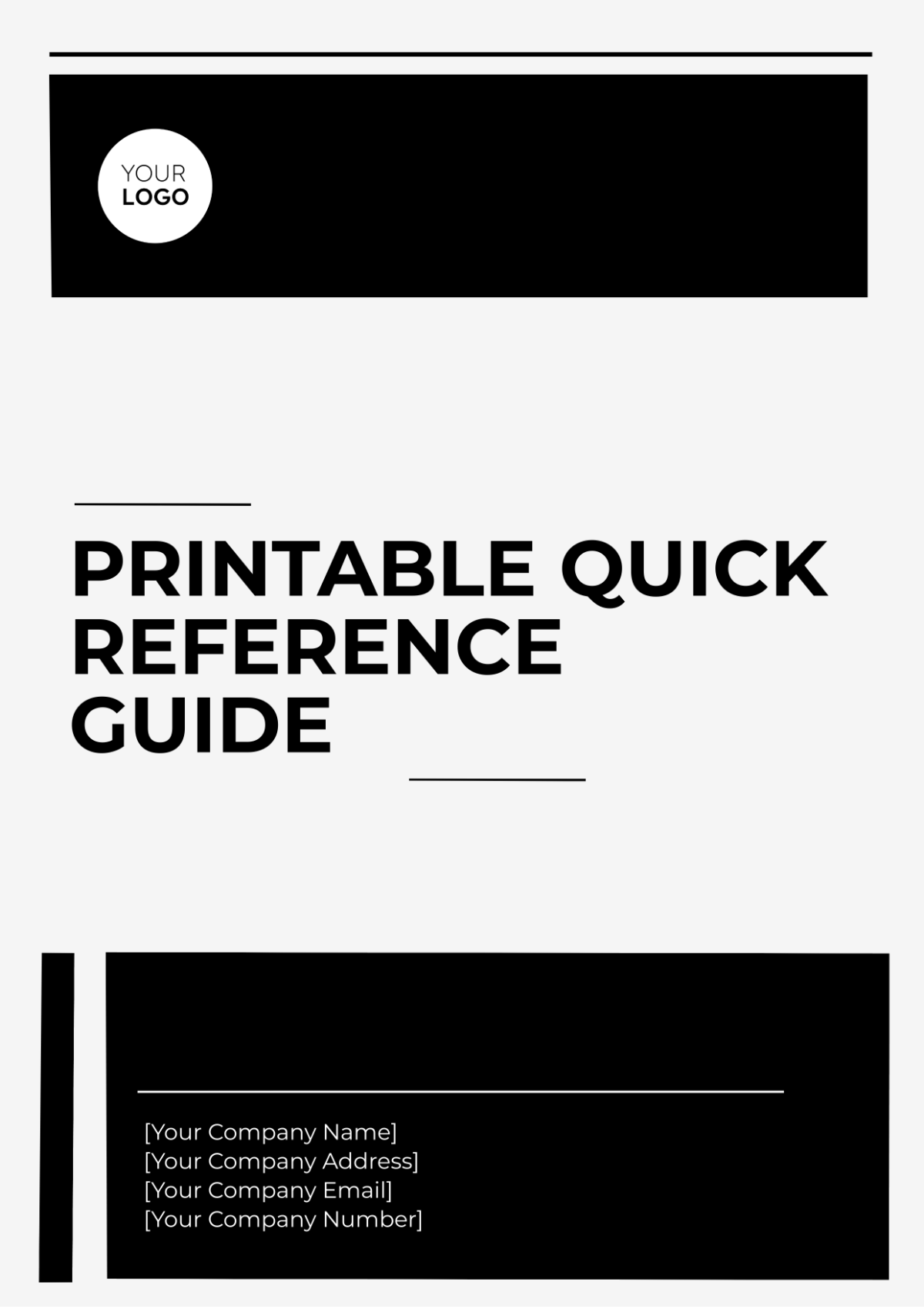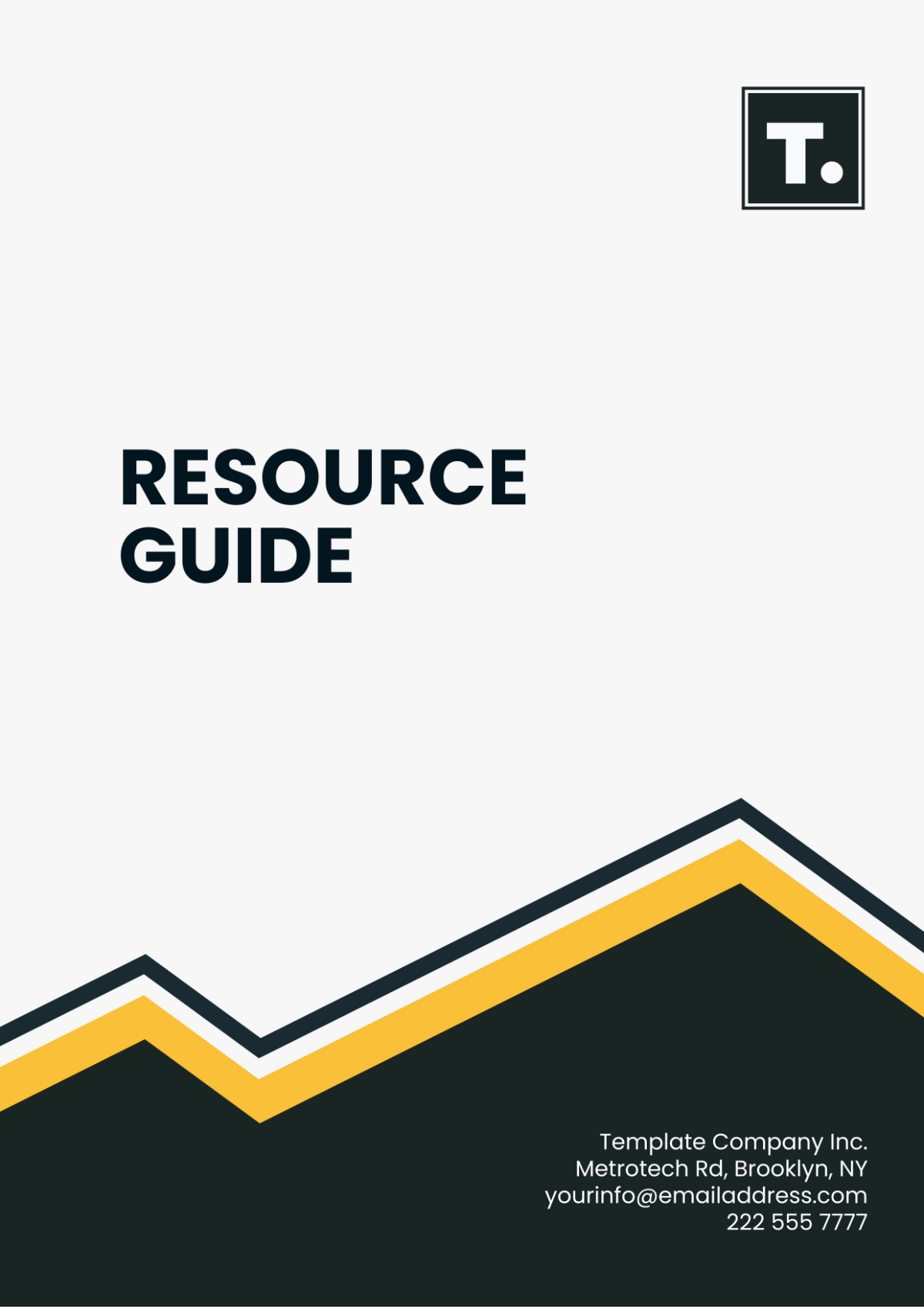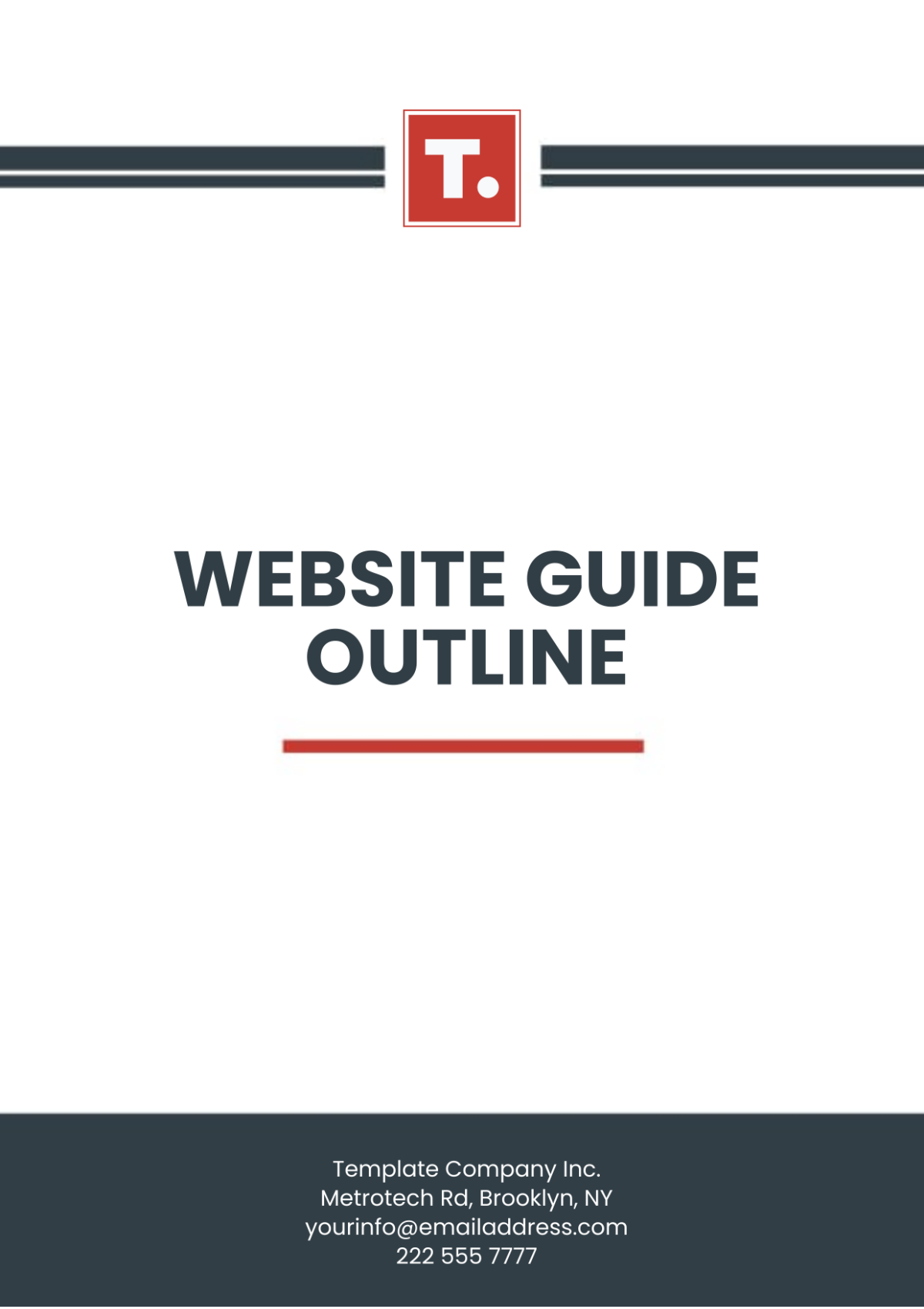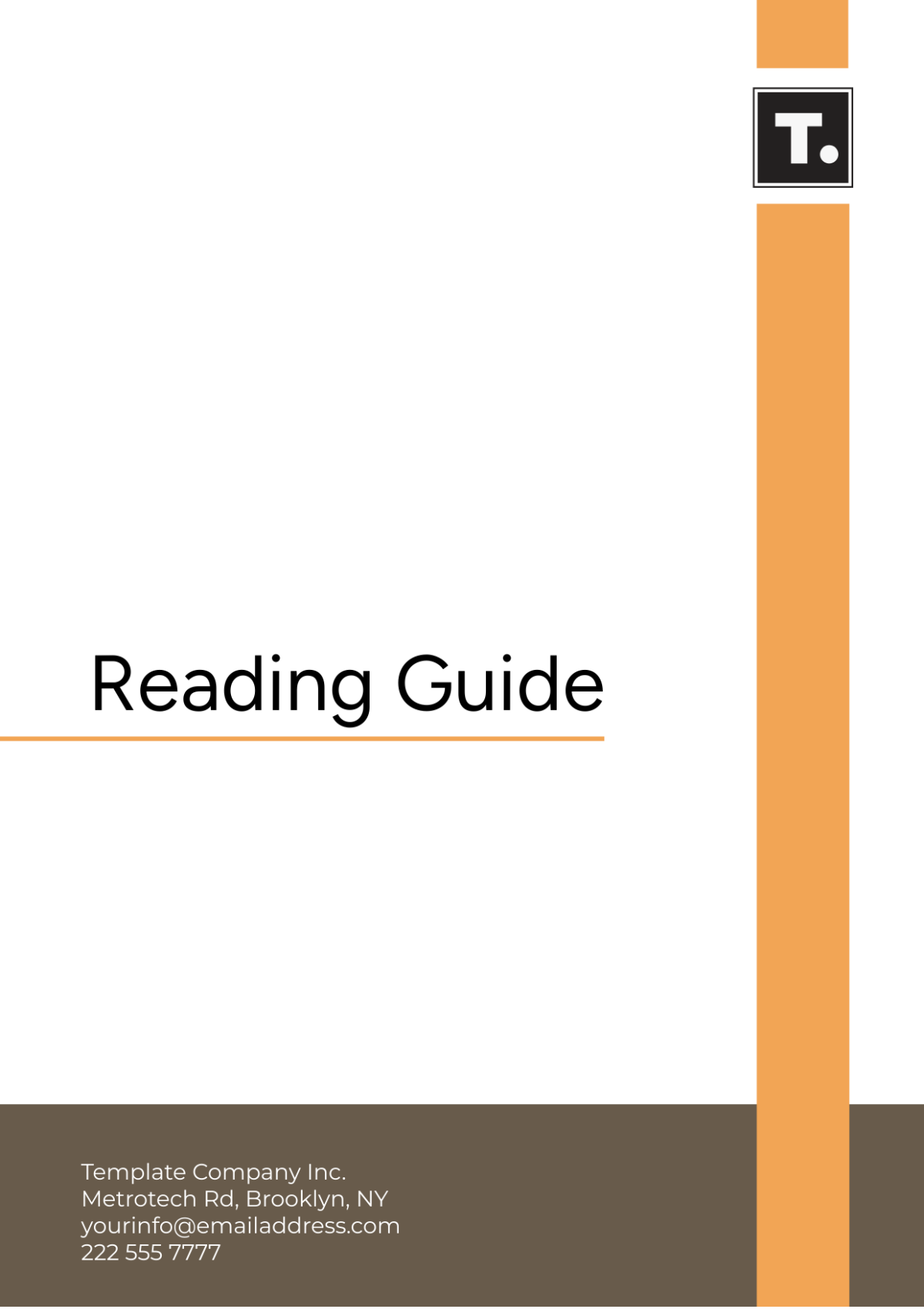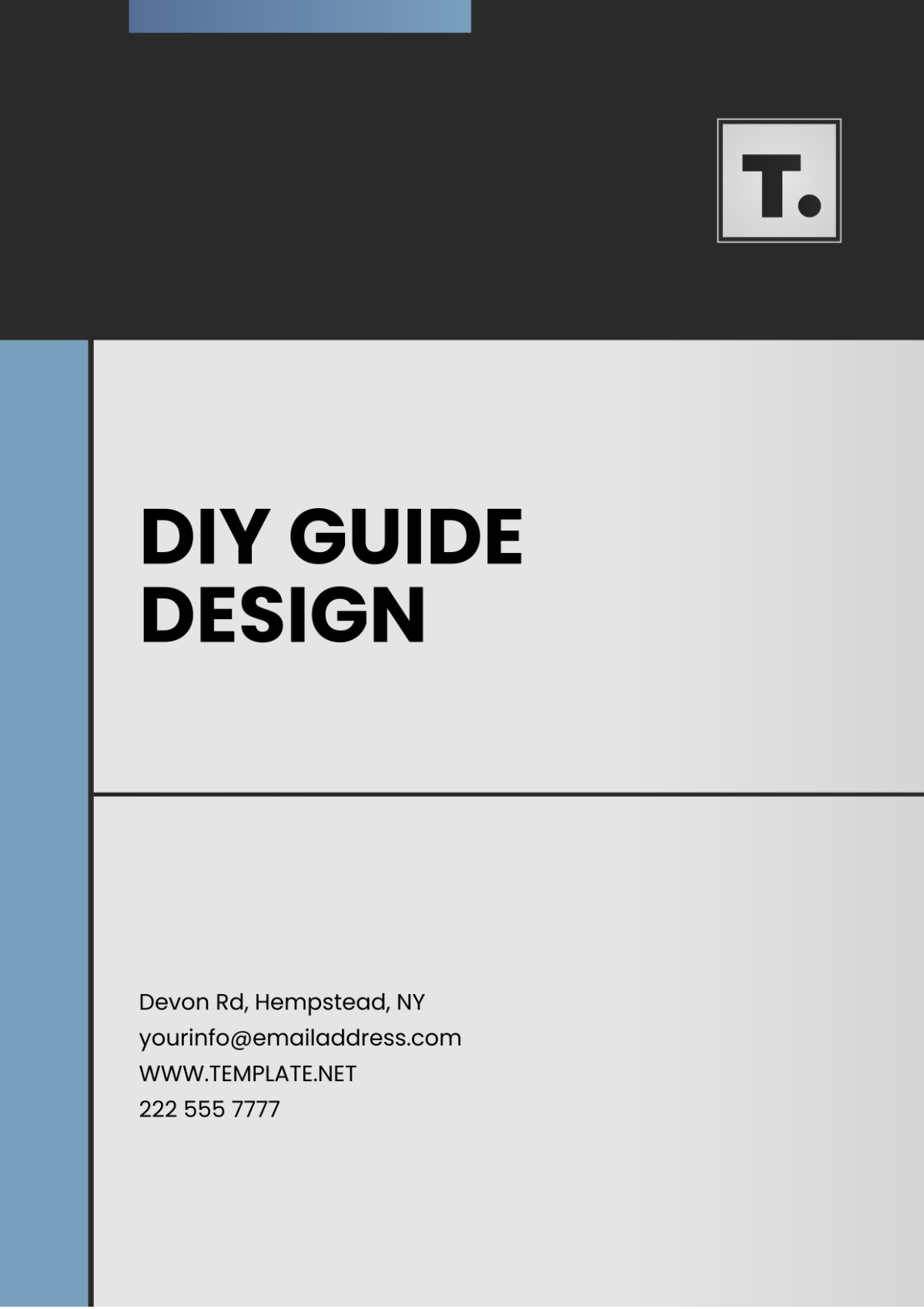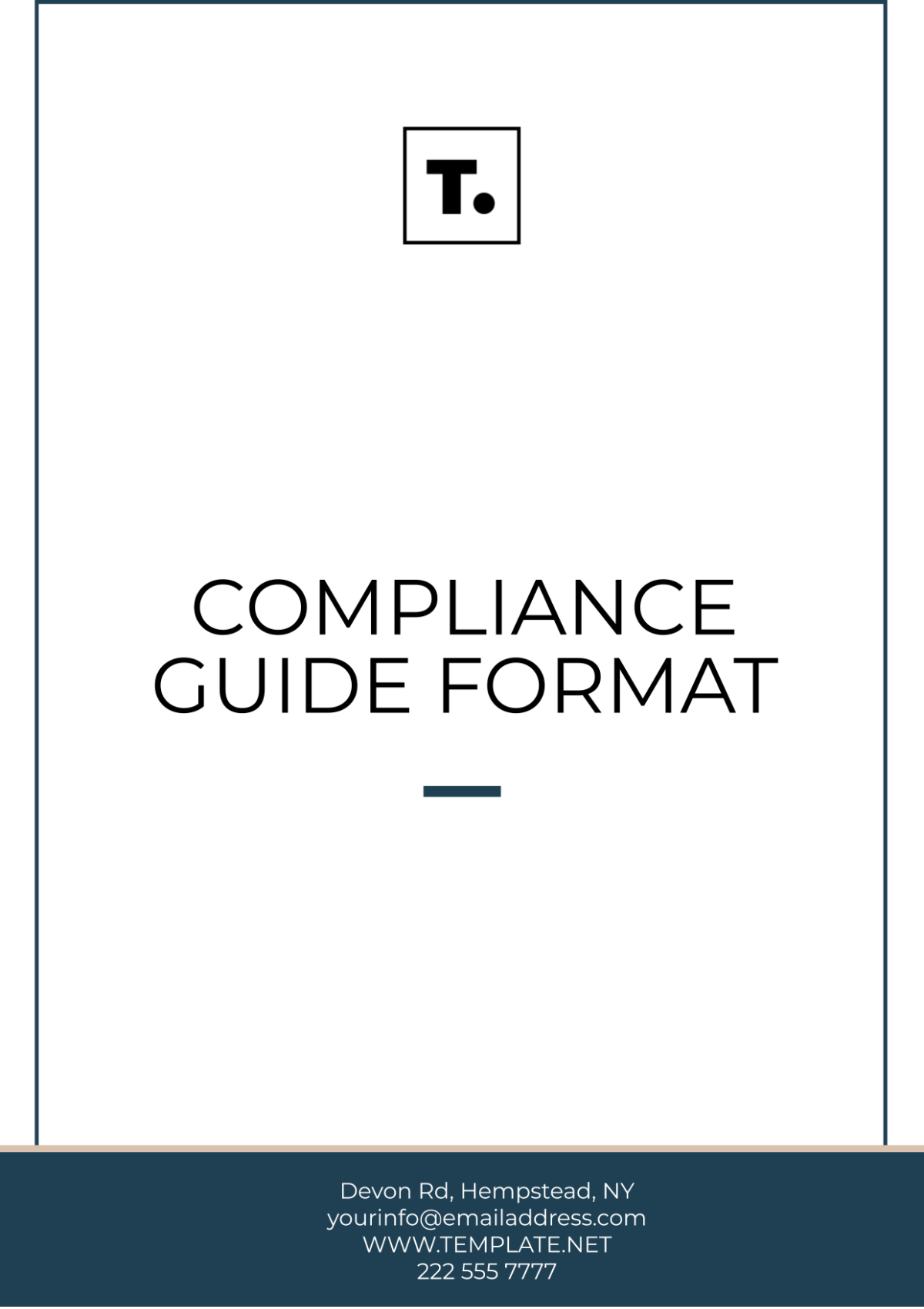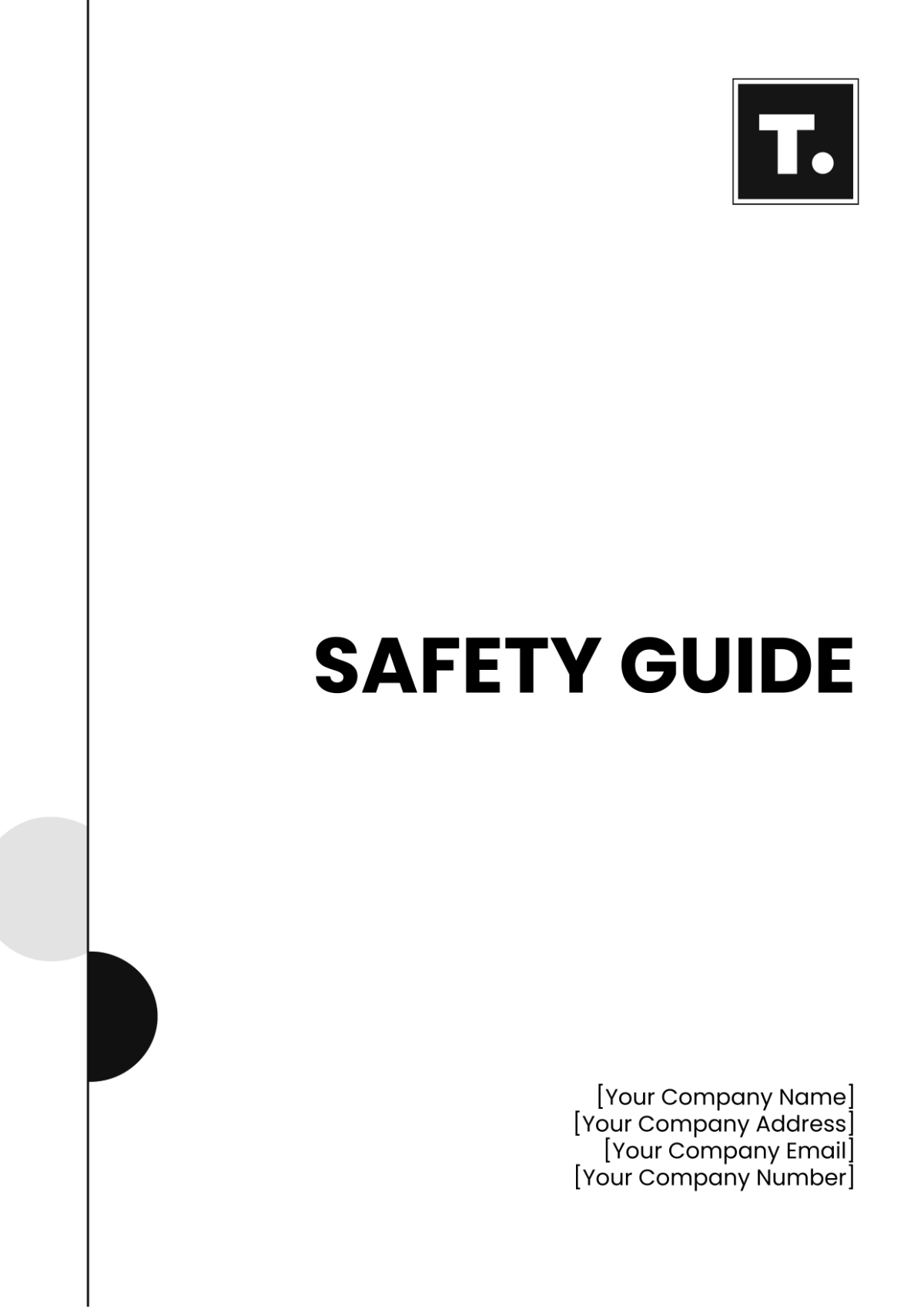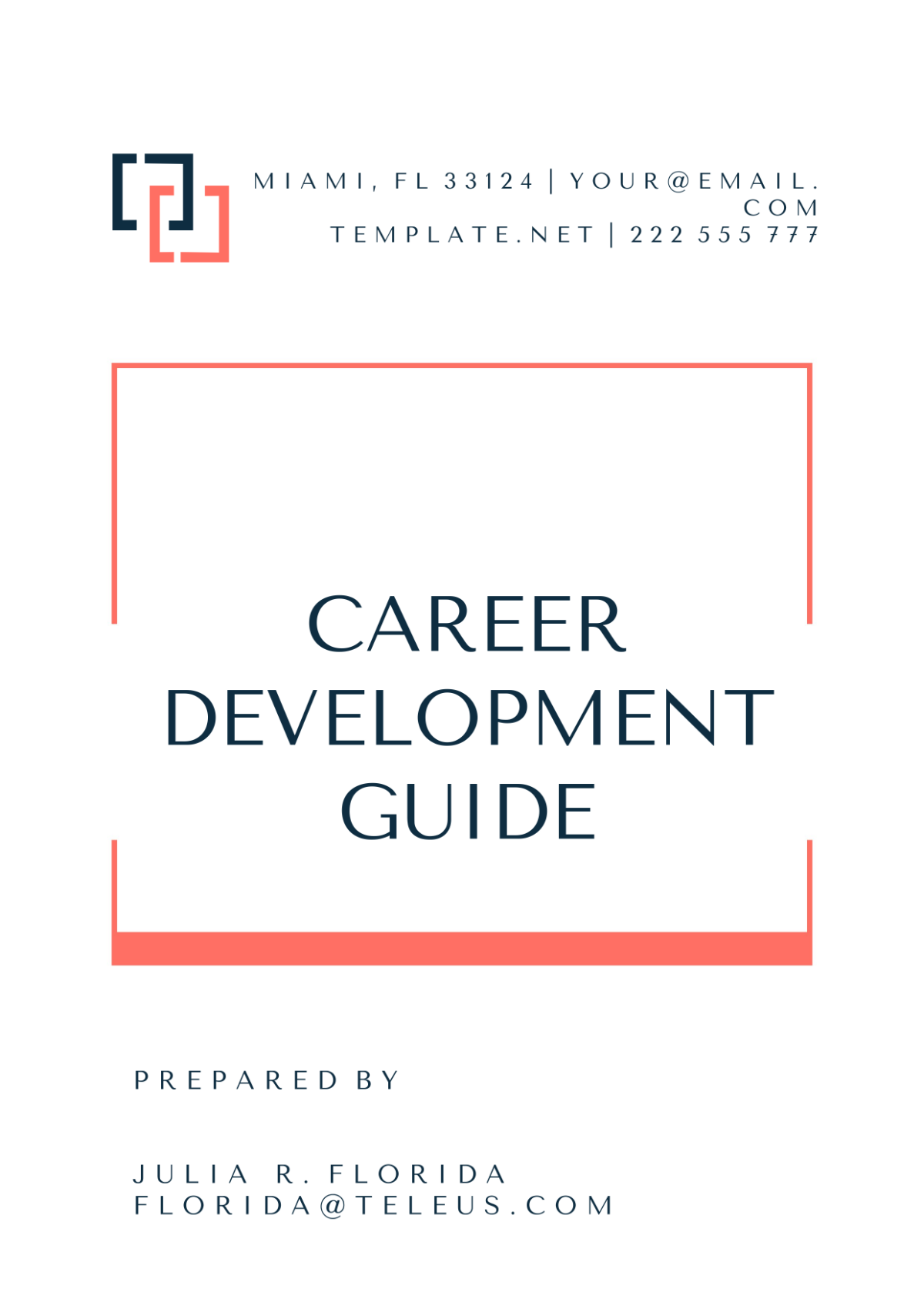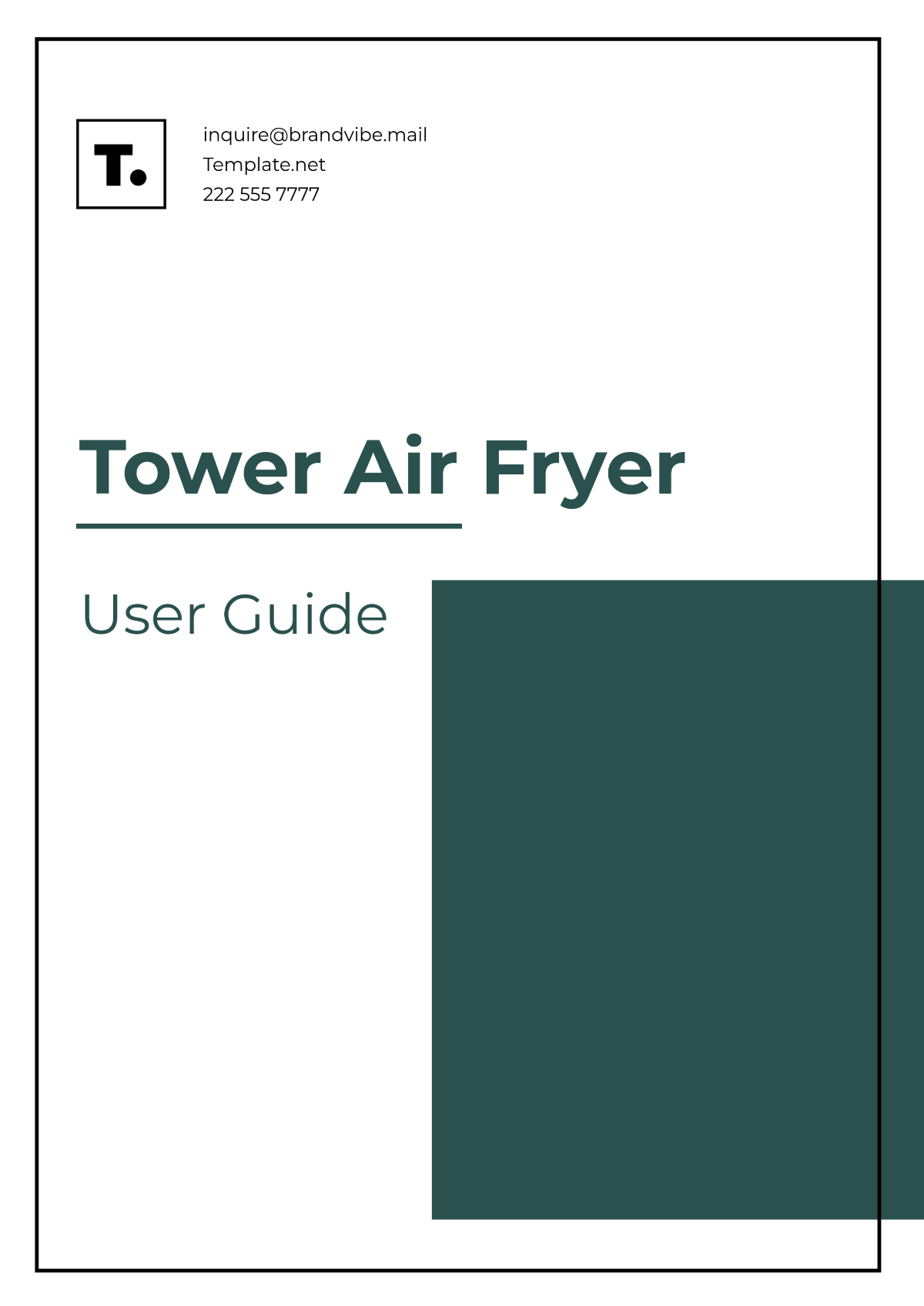Disease Process Study Guide
I. Introduction
Welcome to the [YOUR COMPANY NAME] Disease Process Study Guide! This comprehensive guide is designed to assist you in understanding various disease processes and their underlying mechanisms. Whether you're a [MEDICAL STUDENT/HEALTHCARE PROFESSIONAL/INTERESTED LEARNER], this guide will provide you with valuable insights and resources. For any inquiries or further assistance, feel free to contact [YOUR EMAIL] or call us at [YOUR COMPANY NUMBER].
II. Understanding Disease Processes
A. Definition of Disease
Understand the concept of disease and its implications on human health.
Explore different types of diseases, including [INFECTIOUS/CHRONIC/GENETIC DISEASES].
B. Pathophysiology
Learn about the pathophysiological mechanisms underlying various diseases.
Explore the cellular and molecular basis of disease development and progression.
C. Risk Factors
Identify common risk factors associated with different diseases, such as [LIFESTYLE CHOICES/GENETICS/ENVIRONMENTAL FACTORS].
Understand how risk factors contribute to the development of specific diseases.
III. Common Disease Processes
A. Cardiovascular Diseases
Study the pathophysiology of conditions such as [HYPERTENSION/CORONARY ARTERY DISEASE/HEART FAILURE].
Explore risk factors, symptoms, diagnostic methods, and treatment options for cardiovascular diseases.
B. Infectious Diseases
Learn about the causative agents, modes of transmission, and clinical manifestations of infectious diseases.
Understand the principles of infection control and prevention strategies.
C. Neurological Disorders
Explore the pathophysiology of neurological conditions such as [ALZHEIMER'S DISEASE/PARKINSON'S DISEASE/STROKE].
Study the symptoms, diagnostic approaches, and management strategies for neurological disorders.
D. Respiratory Diseases
Understand the pathophysiology of respiratory conditions such as [ASTHMA/COPD/PNEUMONIA].
Explore treatment options and lifestyle modifications for managing respiratory diseases.
IV. Study Resources
A. Textbooks and References
Recommended textbooks and reference materials for studying disease processes.
Online resources, journals, and research articles for in-depth exploration of specific diseases.
B. Case Studies
Analyze case studies to apply theoretical knowledge to real-life scenarios.
Discuss case studies with peers or mentors to enhance understanding and critical thinking skills.
C. Interactive Tools
Utilize interactive tools and simulations to visualize disease processes and treatment modalities.
Participate in online forums or discussion groups to exchange ideas and experiences with other learners.
V. Practical Applications
A. Clinical Practice
Apply knowledge of disease processes to clinical practice settings.
Participate in clinical rotations or internships to gain hands-on experience in managing patients with various diseases.
B. Patient Education
Educate patients and their families about disease processes, treatment options, and preventive measures.
Communicate effectively with patients to address their concerns and promote health literacy.
VI. Conclusion
Understanding disease processes is essential for [HEALTHCARE PROFESSIONALS/HEALTHCARE PROVIDERS/PATIENT CARE] to provide optimal care and improve health outcomes. By utilizing this Disease Process Study Guide, you'll gain the knowledge and skills necessary to identify, diagnose, and manage various diseases effectively. Remember to stay updated with the latest research and advancements in the field of medicine. Good luck on your journey to becoming a proficient healthcare professional.



